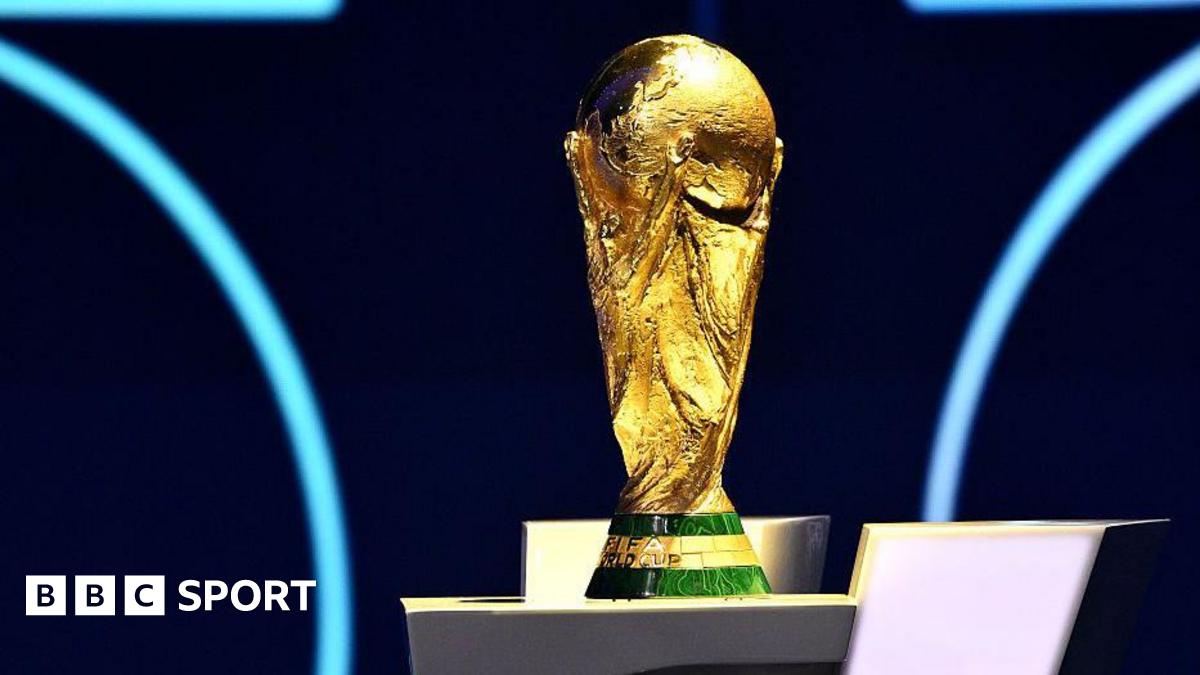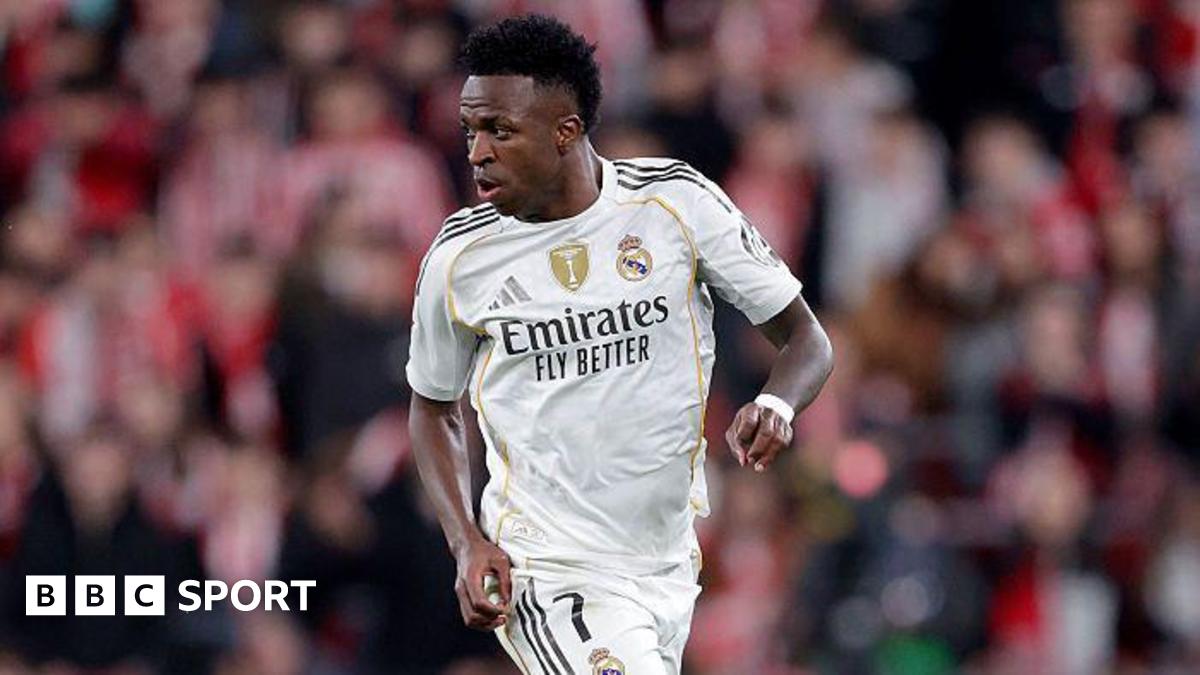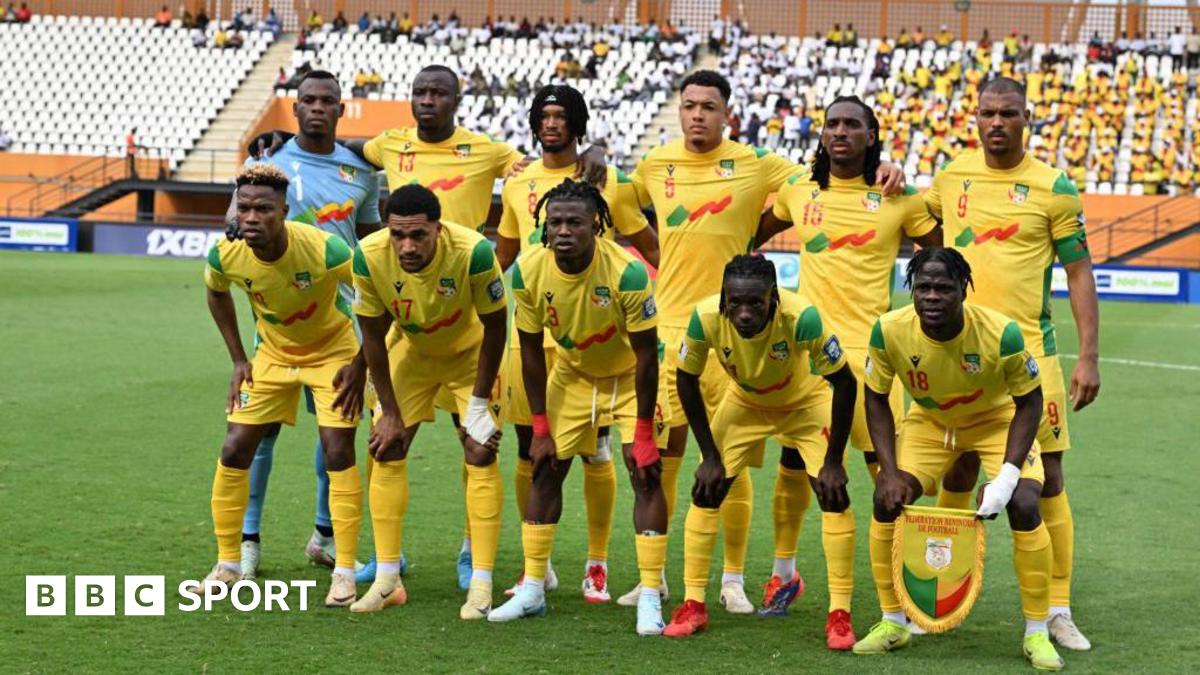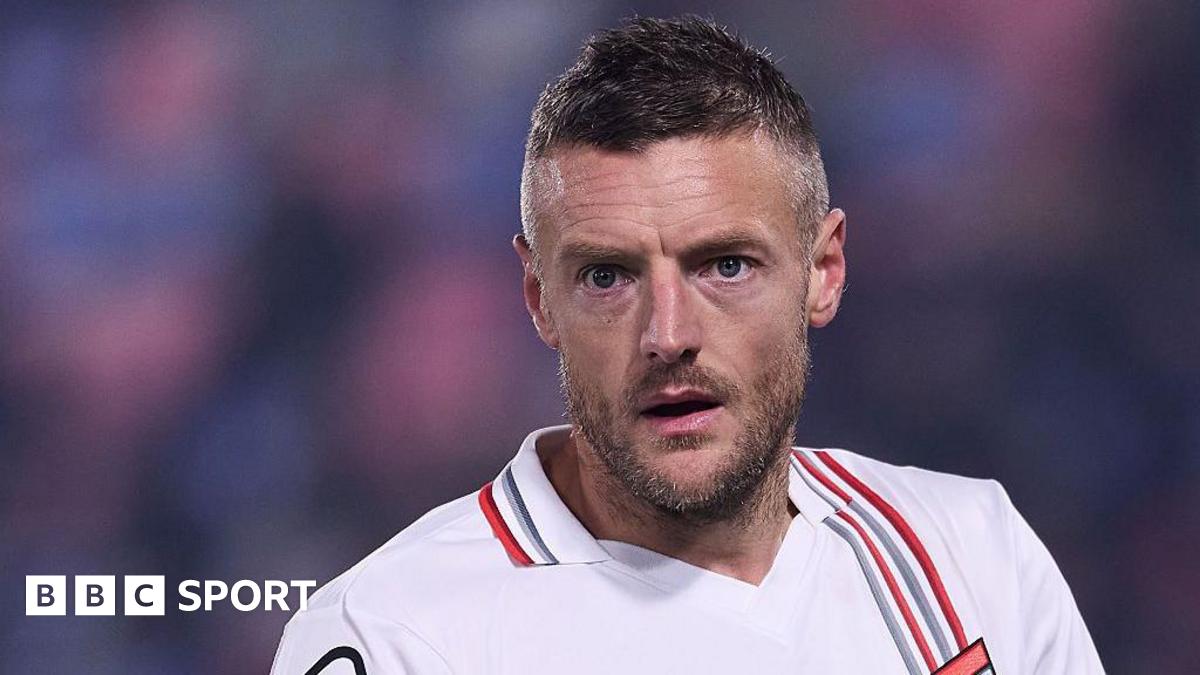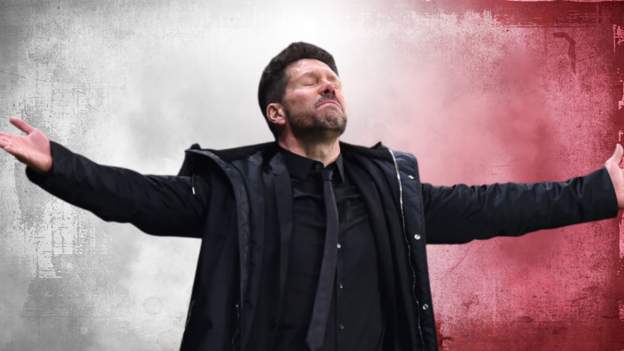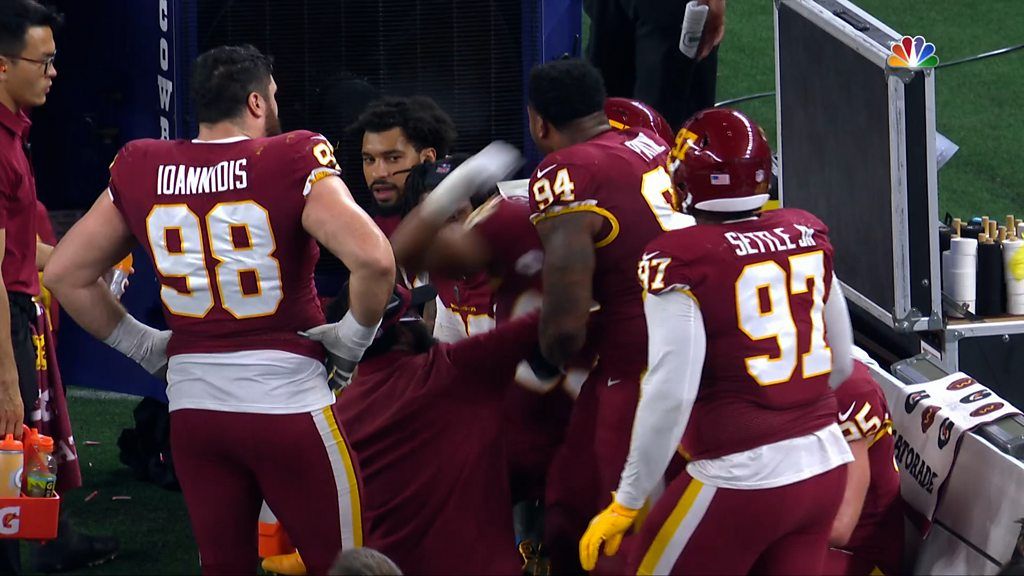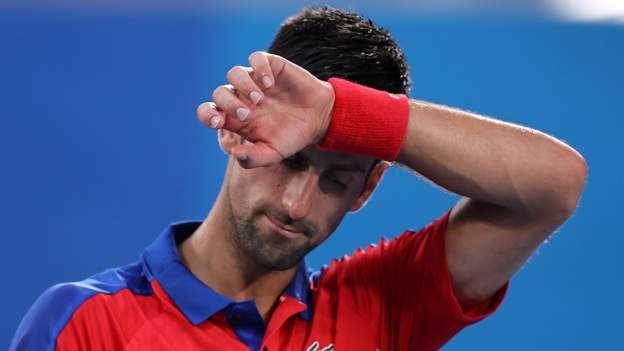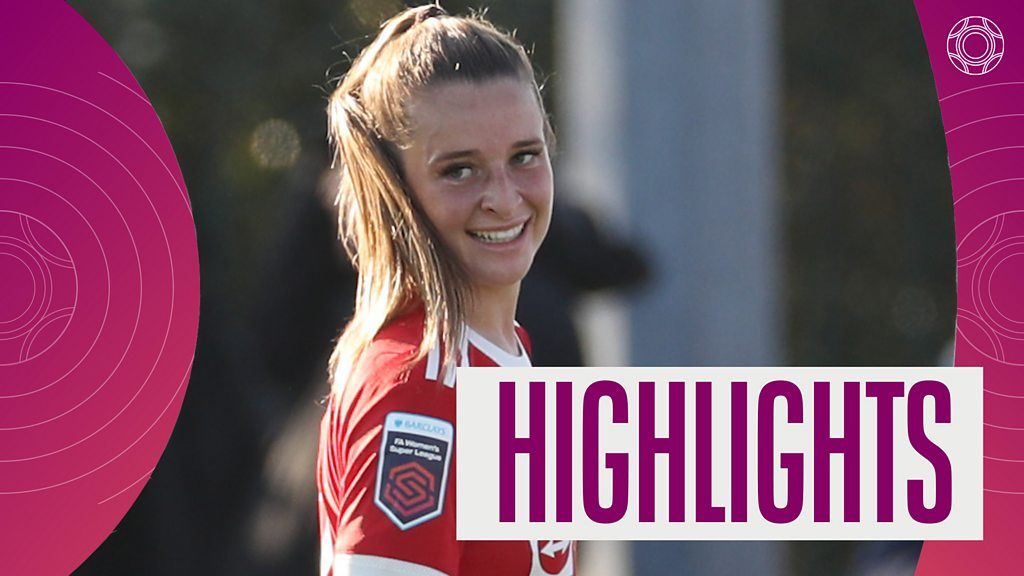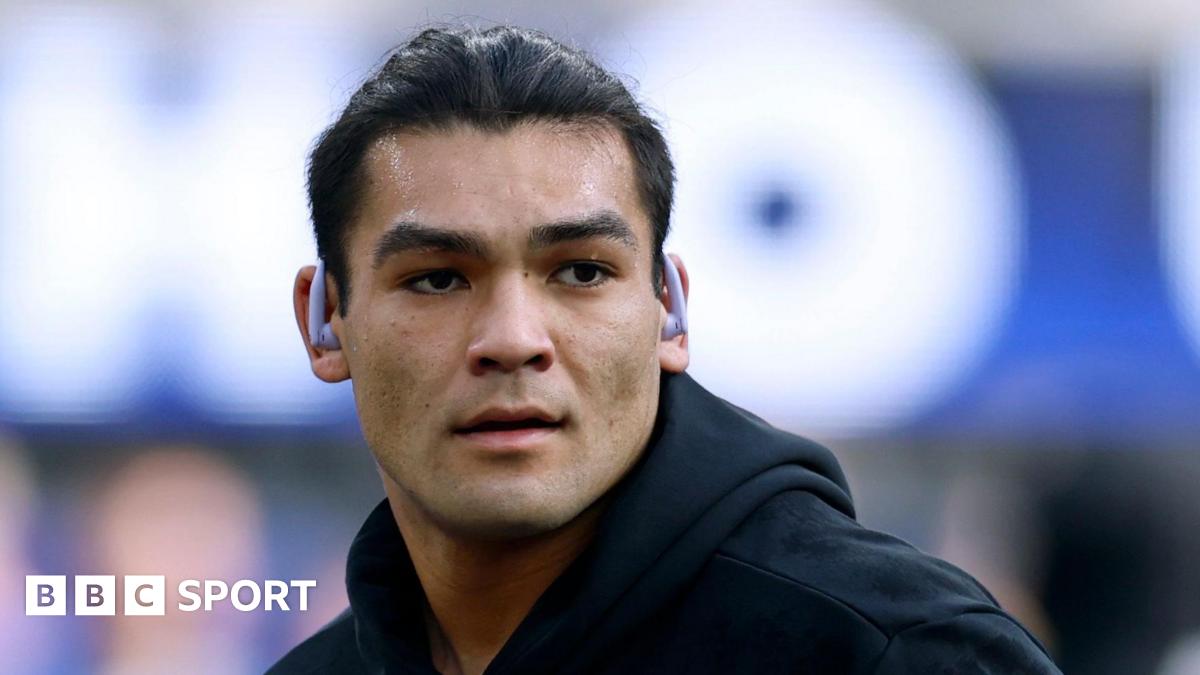Ten years ago on Thursday, Atletico Madrid took a gamble by appointing one of their former players as manager.
It was a time of instability for the Rojiblancos, who had been through five managers in less than three years and seen young stars Sergio Aguero and David de Gea depart for the Premier League.
The team were struggling, 10th in La Liga after losing four of their past five games. So faith was tentatively placed in the relatively untested boss whose only previous managerial experience in Europe was a brief spell with Italian minnows Catania.
His name? Diego Simeone.
From mid-table to title glory
From those unpromising beginnings, Simeone quickly formed a competitive team.
His priority was to establish a solid defence based on teenage Chelsea loanee goalkeeper Thibaut Courtois and tough Uruguay centre-back Diego Godin, and that approach quickly bore fruit as Simeone’s first six games delivered six clean sheets.
Atletico fans were understandably quick to warm to the new boss, remembering him fondly as a key player in their team’s 1995-96 league and cup double.
As a player, Simeone was a tenacious, all-action midfielder – he famously described his style as “playing with a knife between my teeth” – and he instilled the same brutally competitive, win-at-all-costs mentality in his new team.
It was not to everyone’s tastes, but the results were undeniable.
Six months after his appointment, Simeone celebrated a continental crown with a 3-0 Europa League final victory over Athletic Bilbao. More silverware followed a year later as Atletico overcame bitter local rivals Real Madrid in the Spanish Cup final at the Bernabeu.
Atletico’s momentum was growing and the following La Liga season, 2013-14, was among the most dramatic in history. Against all expectations, operating on a budget roughly the same as Fulham’s, Simeone’s men sustained a title challenge against the megastars of Real and Barcelona.
The final day saw them travel as leaders to second-placed Barcelona, knowing a draw would be enough for the title. If Barca won, they would be champions. The hosts took the lead through Alexis Sanchez, but Atletico battled back to secure the point they needed through Godin’s towering header.
For the first time since 1996, Atletico were champions. The common thread – first as player, then as manager – was Simeone. And he had only just started.
From rags to riches
Those early successes were impressive enough, but perhaps even more remarkable is the fact Simeone has kept Atletico in contention for major trophies ever since.
In addition to winning La Liga again last season and reaching two Champions League finals, they have finished in the top three every year under his leadership – having previously never done so for more than three consecutive seasons.
That consistency has been based on a rock-solid defence, with Atletico conceding the fewest La Liga goals in seven of his 10 seasons in charge after Jan Oblak seamlessly replaced Courtois as one of the world’s top goalkeepers.
Such sustained success has been mirrored off the pitch, with Atletico leaving their old Vicente Calderon stadium – located in a scruffy part of town next to the motorway – and moving to the shiny new Wanda Metropolitano.
The club’s budget has been similarly upgraded, most notably with the 2019 signing of Portugal forward Joao Felix for £113m – the fourth-highest transfer fee in history.
Quite simply, Atletico are unrecognisable both on and off the pitch from the club that Simeone inherited, thanks to the unprecedented success that he has delivered.
Identity crisis
Atletico’s progress during Simeone’s reign is positive, but it doesn’t sit comfortably with the coach’s preferred modus operandi.
He revels in the underdog role, endlessly repeating his mantra that Atletico are a working-class club where nothing comes easily and every victory has to be earned the hard way.
That ‘us against the world’ mentality of endless suffering was totally appropriate during Simeone’s playing spell and when he arrived as coach – it reflected Atletico’s place in the pecking order.
But it is much harder to maintain with a squad packed full of multi-millionaire superstars playing in one of the world’s fanciest new stadiums.
Simeone has attempted to keep pace with the changes by adapting his playing methods, developing a team heavy on attacking talent who much prefer dominating possession to the old Atletico style of grinding out dour 1-0 wins.
But it’s not working. The modified approach has rarely looked convincing as Simeone appears unable to fully tear himself away from his old defence-first habits, leaving the team looking lost and confused.
This season has been poor. Atletico’s attacking play has been disjointed, and even their trademark defensive solidity has disappeared.
Their tame title defence is more or less over following Saturday’s loss at Sevilla – the first time Simeone has suffered three consecutive league defeats – and he is heading into his second decade in charge with many question marks over the direction he intends to follow.
In short, Simeone’s success story has totally transformed Atletico into a bigger club than ever before. But now he has to deal with the consequences.








